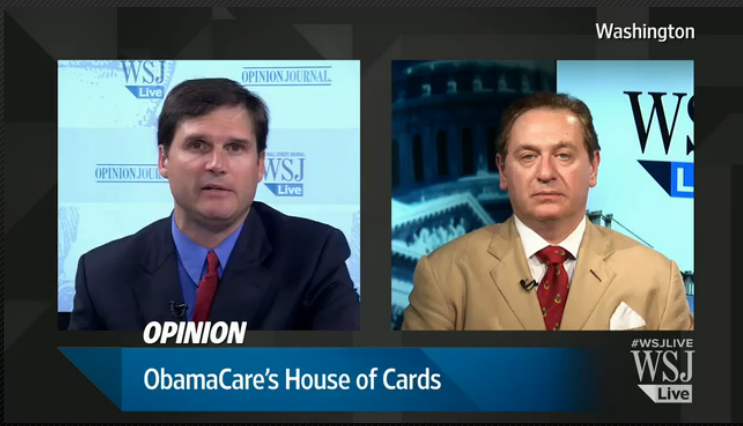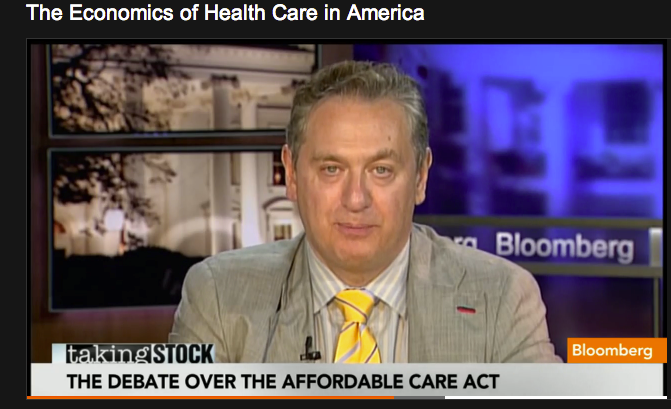After George Zimmerman’s acquittal for shooting Trayvon Martin, President Obama and Attorney General Eric Holder urged the state of Florida to abandon its “stand your ground” law. If this were just taking advantage of a high-profile case to advance a political agenda, that would be bad enough. But the president’s and attorney general’s demands are inappropriate for a more fundamental reason: the federal government trying to impose its will on states.
The debate over where to draw the line between federal and state authority has been hard-fought from the early days of the republic. But the one area where state authority has gone unchallenged is in the power to define criminal laws. The states are better placed than the federal government to respond to local conditions and their citizens’ immediate concerns regarding public safety.


